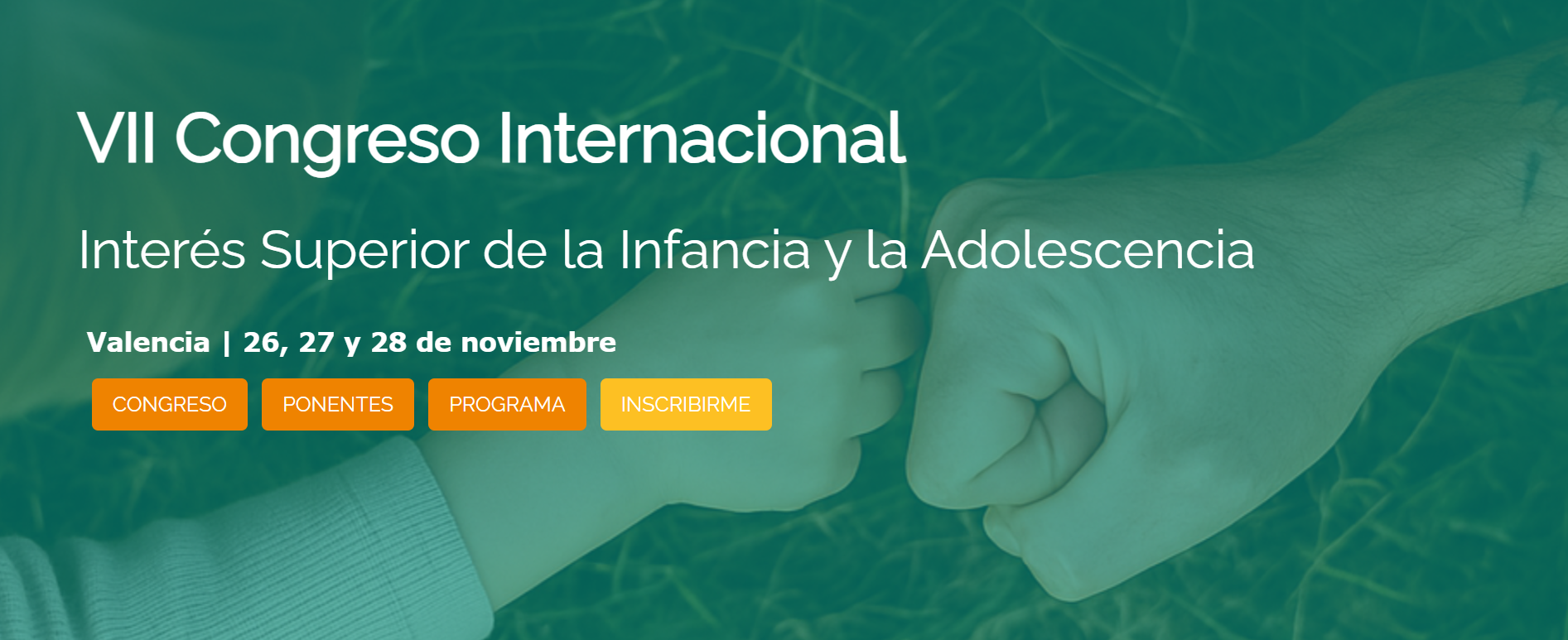Care Leavers in Romania Advocate for Better Policies
Care Leavers in Romania have been participating directly with decision-makers to implement better and more effective guidelines to help those in, and about to leave, care.
The reform of the child protection system has achieved significant progress in Romania over the past decades. Starting from a child protection system with 100,000 children institutionalised in 600 institution at the end of 1989, we are currently at the point where we have 181 institutions with less than 5,843 children in them. While at the end of 1989 the system was relying solely on old-type institutions, with 100% of the institutionalised children confined in impersonal and crowded rooms, in de-personalising environments with no individual attention and no opportunities to develop, we currently have only 35% of the children in residential care in institutions, the rest of them being in alternative family and community-based services, such as small family homes or family type apartments.
This progress has been achieved with the support and experience of the civil society, who had an important input both in terms of services and in terms of practices and implementation. The transfer of expertise from the civil society to the central and local professionals working in the child protection agencies led, in the end, to better quality services for children in care, to increased chances to young care leavers being (re)integrated in society and to more attention paid to the individual needs of children.
While lots of progress has been achieved, there is still a long way to go. The General Directorates for Social Work and Child Protection (GDSWCP - agencies that function under the authority of the County Councils in each of the counties in Romania) and the Social Work Directorates (SWD – agencies that function under the authority of Local Councils in each of the cities, communes and villages of Romania) need to act in a coordinated and integrated manner in order to provide support to the children in the childcare system, to the young care leavers but also to families at risk, avoiding the unnecessary separation of children from their families. In this respect, the SWD are the gatekeepers regarding prevention and early intervention.
Deinstitutionalisation being a complex process needs a constant and consistent input from all stakeholders and one of these stakeholders is children in care or young adults who left the care system. More than ever, their views need to be taken into account both in terms of designing DI strategies and programmes at national and regional/local levels, but also in terms of actually implementing these programmes and strategies, keeping in mind the experience and the first-hand knowledge of the system of those who have been institutionalised.
The representatives of the civil society are and have been aware of the importance of child involvement and there is an increasing number of NGOs active in the field who include the views of children in their work and who incorporate their opinions and solutions and develop programmes based on the specific needs of the children. This input needs to be provided not only at a horizontal level, but also on a vertical level, with a bottom-up approach and with concrete solutions that come from different children’s or young adult’s organisations towards the decision-makers.
The Council of Institutionalised Youth, which reunites young adults who were formerly brought up in institutions organised a summit in October,together with relevant NGOs in the field, and one of the main points was the subject of advocacy and how to maintain and increase the momentum for the reform of the child protection reform nationwide.
A memorandum was voted (unanimously) and presented to the Ministry of National Education, Ministry of Labour, Ministry of Youth, to the Romanian Senate and Chamber of Deputies, to the Romanian Government and to the Children’s Ombudsman. The memorandum makes concrete demands to improve policies that affect care leavers, from international adoptions, increased allowances during and after placement, access to social housing and others. The memorandum states: “We are the children and young people of the state, we hope that the future parents will not be step children and will be involved in the process of improving the quality of life of abandoned and institutionalized children in Romania.”
- Discover the progress on deinstitutionalisation in Romania from 2018 factsheet of the Opening Doors for Europe's Children campaign




